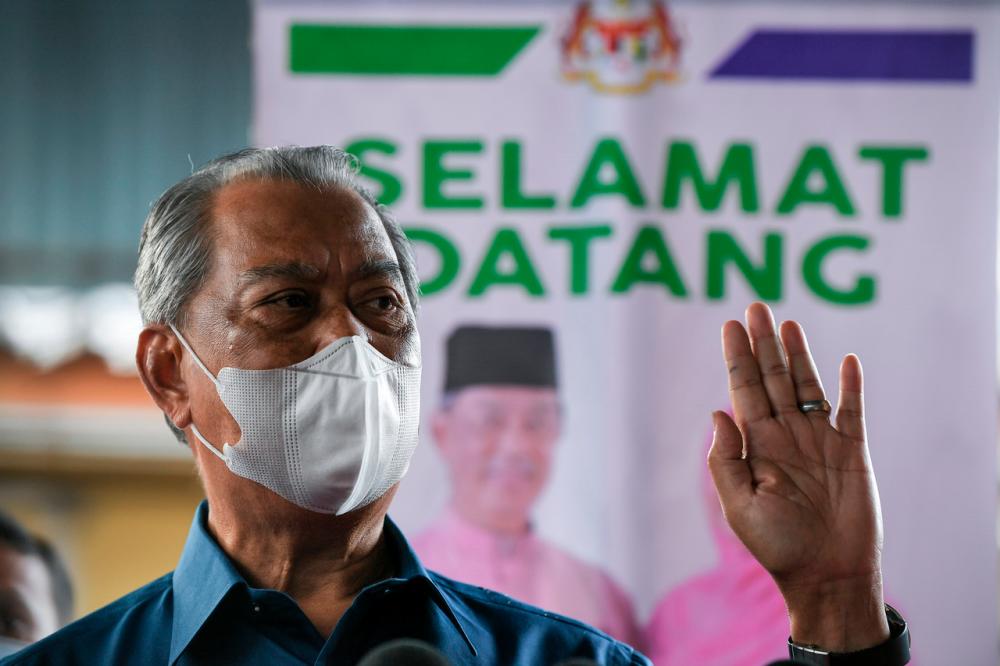PETALING JAYA: Any strategy to address the poverty issue in Malaysia must take into consideration provisions in the New Economic Policy (NEP). Apart from that, an academic said political interests in the implementation of affirmative action must be curtailed.
Dr Rajah Rasiah, a professor of economics at Universiti Malaya’s Asia-Europe Institute, said while the NEP was the right approach towards addressing the poverty problem in Malaysia in the 1960s and 1970s, the conditions today are very different.
“To some extent, we can agree with the original thrust (for ethnic-based affirmative action) when the NEP was introduced through the Second Malaysia Plan in 1971,” he told theSun.
However, he said 50 years on, pockets of poverty still remain while the nation has become more ethnically polarised.
“The call to continue with ethnic-based restructuring and poverty alleviation remains strong, with leading political parties in government doing all they can to retain the policy,” Rajah said.
He was commenting on a statement by Prime Minister Tan Sri Muhyiddin Yassin (pix) that poverty eradication and the reduction of socio-economic inequalities will be among the government’s priorities under the 12th Malaysia Plan (12MP) from 2021 to 2025.
In a national address on the first anniversary of the launching of the Prihatin initiative, Muhyiddin said this would be achieved through the implementation of more comprehensive and targeted programmes.
Rajah said while affirmative action is necessary in all capitalist societies because of their inherent tendency to generate inequalities, such action should not be based on ethnicity.
He was also critical of the move to enable Employees Provident Fund (EPF) contributors to withdraw from their savings now to tide them over the lean period, particularly those who have lost their jobs or have their salaries reduced.
He said the poor will eventually lose out on the high dividends they can otherwise get on their EPF savings.
Sunway University Business School professor of economics Dr Yeah Kim Leng said under the 12MP, more opportunities must be created to help the poor get out of the poverty trap.
“They must be given the opportunity to enhance and learn new skills to raise their chances of getting better jobs,” he said.
Another way is to teach those in the B40 group (the poorest 40% of the population) some entrepreneurial skills so they can start small businesses of their own, he added.
“There must also be a strong emphasis on education because a highly-educated child has a better chance of uplifting his family from the B40 status,” he added.
Yeah said there must be a plan to improve their living conditions, upgrade amenities and make their surroundings more liveable.
Another frontier is digital access.
“The Covid-19 pandemic has shown us how important such access is. There should not be any digital divide. The B40 group should also have easy access to devices such as smartphones, tablets or laptops,” he said. Only by doing this can the government reduce the number of households in the B40 group, he added.










